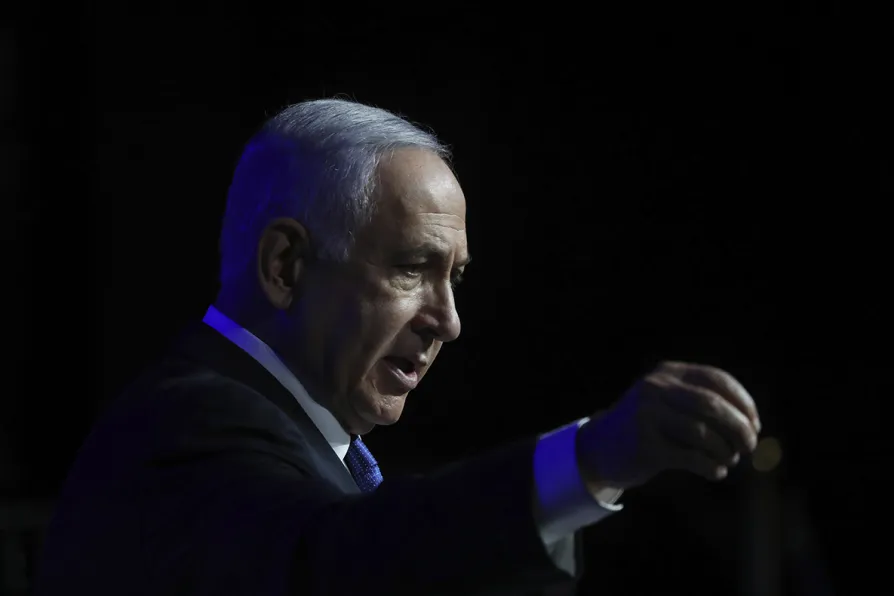Following a fratricidal period for the left with Morales and Arce at loggerheads, right-wing, anti-MAS candidates obtained over 85 per cent of the votes cast in the latest general election, writes FRANCISCO DOMINGUEZ

 Benjamin Netanyahu
Benjamin Netanyahu
WITH a total of 15 years in office, Benjamin Netanyahu surpassed the 12-year leadership of Israel’s founding father, David Ben Gurion.
How did Netanyahu manage to become Israel’s longest-serving prime minister?
The answer to this question will become particularly critical for future Israeli leaders who hope to emulate Netanyahu’s legacy, now that his historic leadership is likely to end.

With foreign media banned from Gaza, Palestinians themselves have reversed most of zionism’s century-long propaganda gains in just two years — this is why Israel has killed 270 journalists since October 2023, explains RAMZY BAROUD

Gaza’s collective sumud has proven more powerful than one of the world’s best-equipped militaries, but the change in international attitudes isn’t happening fast enough to save a starving population from Western-backed genocide, argues RAMZY BAROUD

RAMZY BAROUD asks why it has taken so long for even left-wing voices in the West to call out what Israel is doing

RAMZY BAROUD explains why the world can no longer ignore Palestine














